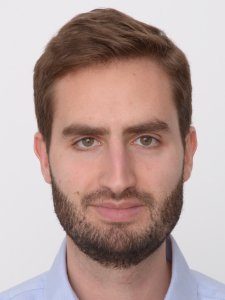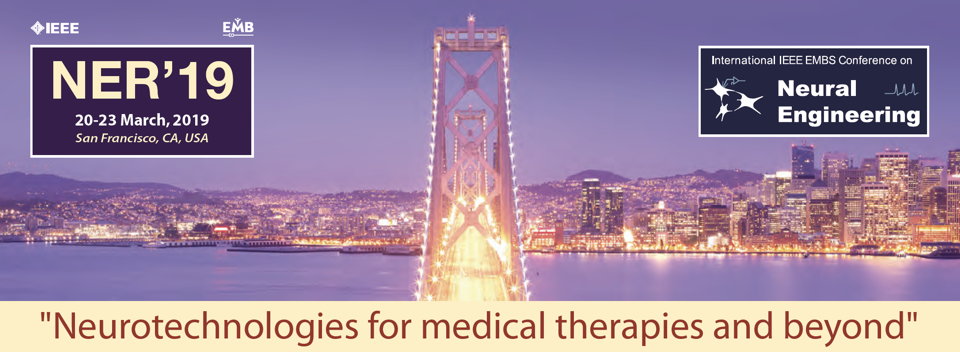Invasive neuromodulation therapies offer great potential to treat mental health disorders. The DARPA SUBNETS program, and other BRAIN Initiative-funded studies, demonstrate how the invasive study of human brains can inform our understanding of mental health conditions. Engineers can harness this knowledge to develop the next-generation of invasive neuromodulation therapies specifically for mental health disorders.
This afternoon workshop will be divided into two panel sessions. The first session, co-moderated by Dr. Eddie Chang, will highlight BRAIN Initiative-funded researcher’s progress to understand the neural networks that underlie mood and emotion. Researchers will highlight both invasive recording and stimulating work that explores and manipulates these networks. The second session, co-moderated by Dr. Razi Haque, will focus on the development of next-generation devices. Speakers will highlight devices developed through SUBNETS as well as other cutting-edge approaches. Each session will consist of talks by speakers culminating in a panel Q&A session for organizers.
Organizer
David McMullen
 Dr. David McMullen is a medical officer in the Division of Translational Research (DTR) at the National Institute of Mental Health (NIMH). He is the program chief for the Neuromodulation and Neurostimulation (A3-NSNM) program. Dr. McMullen’s portfolio includes invasive and non-invasive device-based approaches to treat a variety of mental health indications such as depression, OCD, anxiety, schizophrenia, amongst other disorders. He oversees early device development and biomarker-discovery grants as well as clinical trials ranging from first-in- human to pivotal studies intended to obtain FDA regulatory approval. Dr. McMullen also helps lead the NIH BRAIN Initiative, with a focus on non-invasive and invasive approaches to brain stimulation and recording. Dr. McMullen is a visiting neuroscientist at the FDA and medical doctor with neurosurgical training from Johns Hopkins University. His research focuses on improving brain-machine interfaces by incorporating novel electrode designs and intelligent robotics to increase motor control. Dr. McMullen’s research in cognitive neuroscience focuses on sensorimotor integration and language production. Prior to joining the NIMH, he worked as a Senior Scientist and Project Manager at Fulcrum Co. providing technical support to DARPA.
Dr. David McMullen is a medical officer in the Division of Translational Research (DTR) at the National Institute of Mental Health (NIMH). He is the program chief for the Neuromodulation and Neurostimulation (A3-NSNM) program. Dr. McMullen’s portfolio includes invasive and non-invasive device-based approaches to treat a variety of mental health indications such as depression, OCD, anxiety, schizophrenia, amongst other disorders. He oversees early device development and biomarker-discovery grants as well as clinical trials ranging from first-in- human to pivotal studies intended to obtain FDA regulatory approval. Dr. McMullen also helps lead the NIH BRAIN Initiative, with a focus on non-invasive and invasive approaches to brain stimulation and recording. Dr. McMullen is a visiting neuroscientist at the FDA and medical doctor with neurosurgical training from Johns Hopkins University. His research focuses on improving brain-machine interfaces by incorporating novel electrode designs and intelligent robotics to increase motor control. Dr. McMullen’s research in cognitive neuroscience focuses on sensorimotor integration and language production. Prior to joining the NIMH, he worked as a Senior Scientist and Project Manager at Fulcrum Co. providing technical support to DARPA.
Speakers
Eddie Chang UC San Francisco
Kristin Sellers UC San Francisco
Rina Zelmann Harvard University
Sameer Sheth Baylor College of Medicine
Matthew Howard University of Iowa
Maxwell Collard UC San Francisco
Razi Haque Lawrence Livermore National Laboratory
Cora De Hemptinne UC San Francisco
Jesse Wheeler Draper Laboratory
Dejan Markovic UC Los Angeles
Vikaas Sohal Brown University
Tim Hanson UC San Francisco
